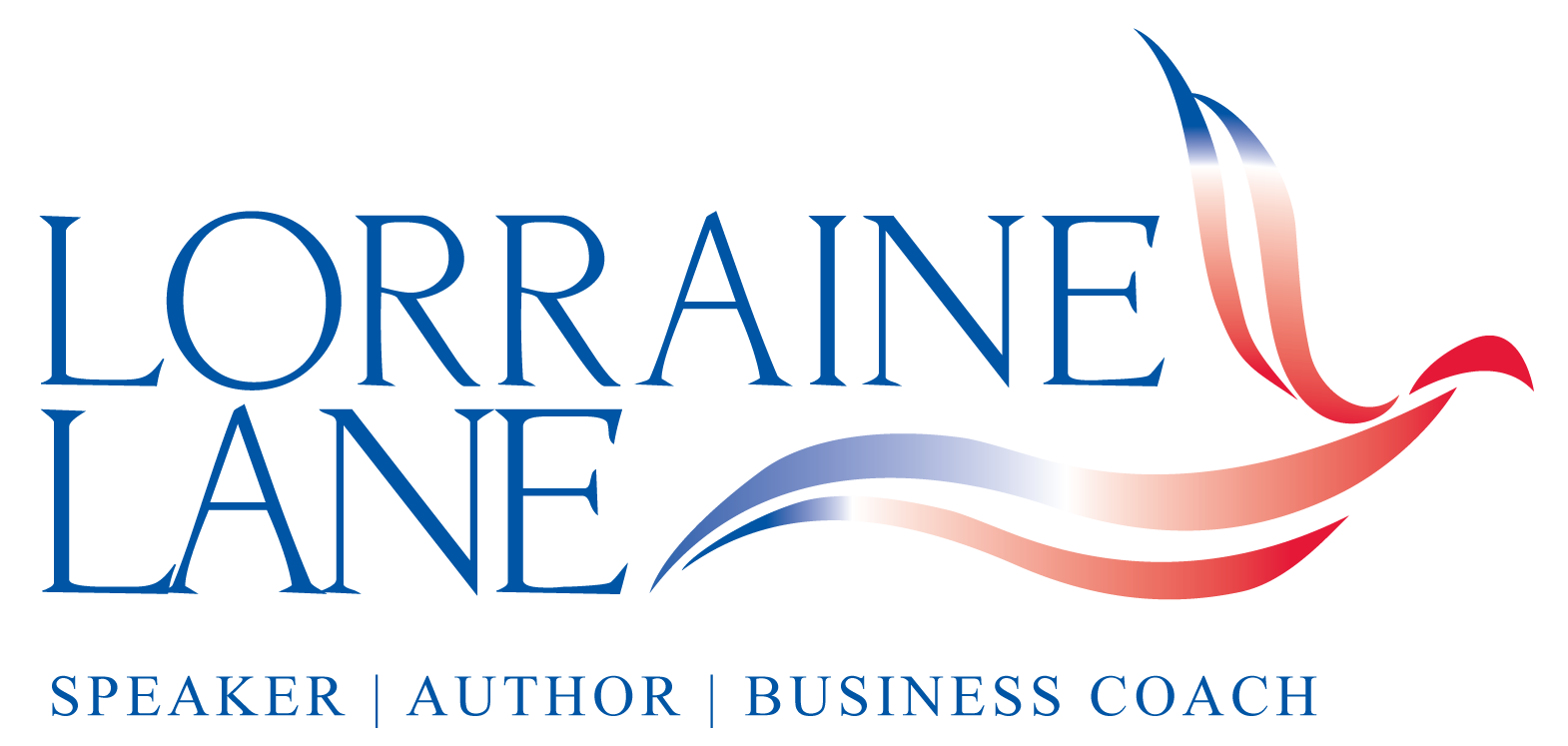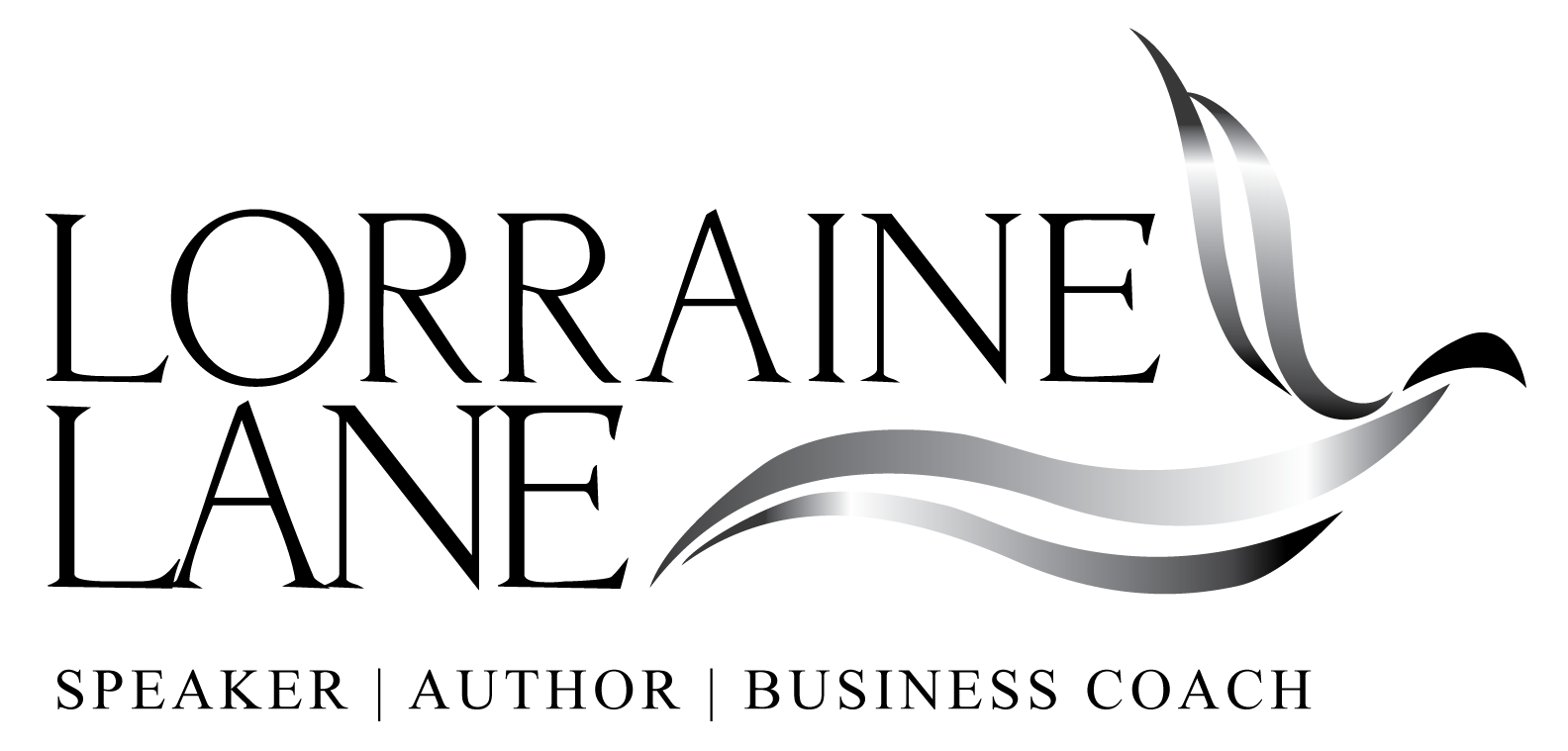Preparation Takes Time, But It Pays Off
 One of my observations when working with hiring managers was the tendency to wing it. The “it” was the interview process. But preparation is so important. Hiring managers expect candidates to have done their homework before coming to an interview, and it makes just as much sense for hiring managers to prepare.
One of my observations when working with hiring managers was the tendency to wing it. The “it” was the interview process. But preparation is so important. Hiring managers expect candidates to have done their homework before coming to an interview, and it makes just as much sense for hiring managers to prepare.
To be sure, preparation takes time, but it pays off. You’ll gauge the candidate’s qualifications and skills more effectively if you are prepared, and the candidate will have a better experience too.
Here are some tips to prepare ahead of time for an interview.
Read The Resume
You’d be surprised how many hiring managers or members of an interview team don’t read their candidate’s resume before the meeting. Candidates have provided you lots of information in their resume, a pre-screen interview, a cover letter, an application (if the company still requires this), etc. If you and your interview team do not take advantage of all this information to know the candidate in advance, at a minimum you will waste time in the interview itself. Perhaps worse, I know candidates who were turned off because they felt that they were asked questions they had answered already and denied the chance to elaborate on their qualifications.
Prepare Your Interview Team
Meet with your interview team in advance. Most hiring managers select a few others to interview a candidate to provide additional input into the selection process. Meet with those who will serve as interviewers. The discussion should include a review of the resume and how the candidate’s experience appears to fit with the current opening. Prepare the interviewers with questions that need to be asked for an effective evaluation. Make sure not every interviewer asks the same questions. Discuss what skills are being assessed with each question. Keep in mind that generic and overused questions like, “what’s your greatest weakness?” have been studied in advance by candidates, and the answers will add nothing to your evaluation.
Some organizations conduct panel interviews. My preference is one-on-one interviews for the obvious reason that it can be stressful for a candidate to be looking at 4 or more interviewers across a table and answering a barrage of questions. Candidates have told me that they knew they didn’t have the job after the first couple of questions because a note taker stopped taking notes, or that a couple of interviewers were shaking their heads “no” while the candidate was speaking.
However your organization conducts interviews, be sure to gather the interview team very soon afterward. If days go by before this feedback session, the team will likely forget much of what they learned during the interview. What a waste of time!
Plan Your Time
It’s a good practice to clear your calendar and give yourself 15 minutes before an interview and 30 minutes after the interview. The pre-interview time will allow you to finish any business from the previous hour and still have a few minutes for a quick review of the candidate before the actual interview meeting. If you are doing a video interview, take the time to check your laptop, camera and microphone so you can correct any issues. The after-interview time gives you the flexibility to finish up the interview without rushing, and to take additional notes if needed.
Prepare An Agenda
Unstructured interviews are usually not effective. This is not a time for improv! With an agenda, you can guide the discussion more efficiently, and you won’t forget to cover important topics. Some interviewers make small talk at the beginning of an interview and this can derail the discussion unless you are very practiced. A more effective approach is to introduce yourself and set the expectations of the interview time. An agenda will help you do that well.
If you put these few guidelines into practice, you’ll find that your interviews will produce better results.
Read more blogs here

